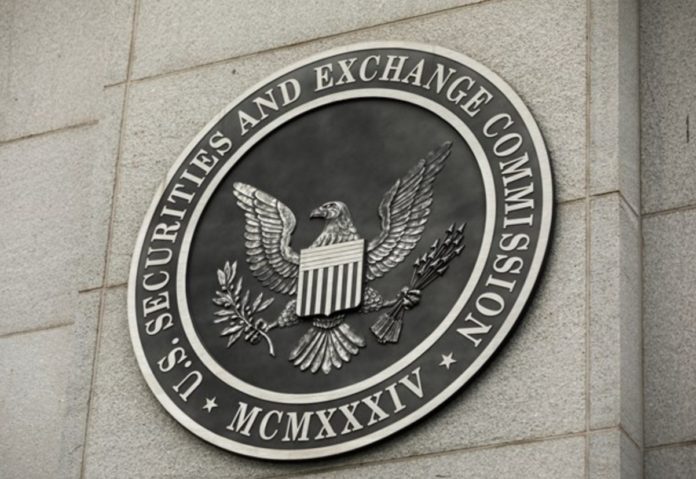The U.S. Securities and Exchange Commission (SEC) voted yesterday to propose new rules for special purpose acquisition companies (SPACs), casting a big shadow over the booming market. If adopted, these public shell companies — formed to acquire a business and take it public without the fuss of the traditional IPO process — would have to provide more investor disclosures, especially about their ownership and performance forecasts. In some cases, SPACs may have to register as investment companies, subjecting them to stricter rules.
More than 600 SPACs raised some $160 billion last year, according to SPAC Research, but activity has slowed down recently. About 50 SPACs have raised $10 billion in the first quarter of this year. A fund that tracks hundreds of SPACs has lost about half its value since its peak in early 2021, as investors sour on many of the companies that have gone public this way.
The rules would give SPAC and IPO investors a similar level of protection. “A few years ago, people would say, well, you could maybe use a SPAC transaction because it might be a more efficient way to bring a company public,” Gary Gensler, the agency’s chair, told reporters after yesterday’s meeting. “Study after study has shown us that, in fact, these are very costly mechanisms.”





